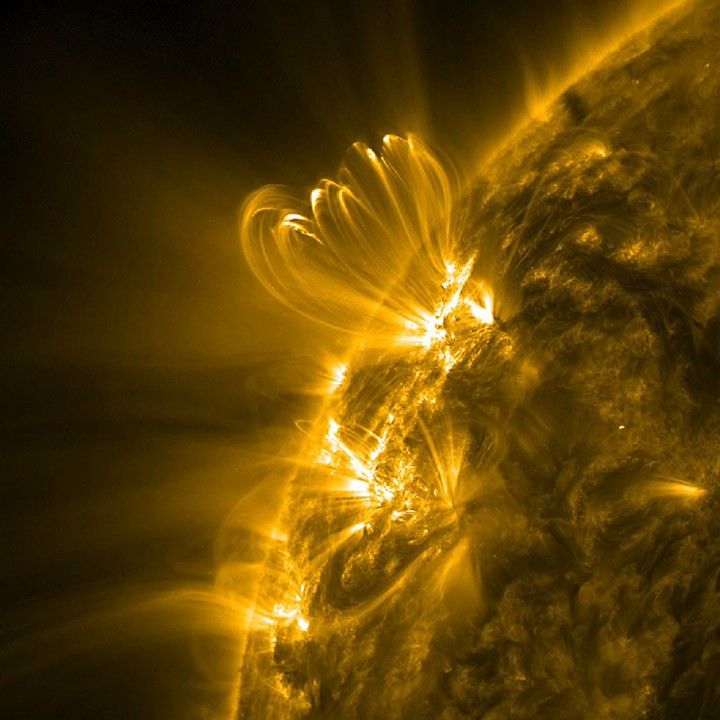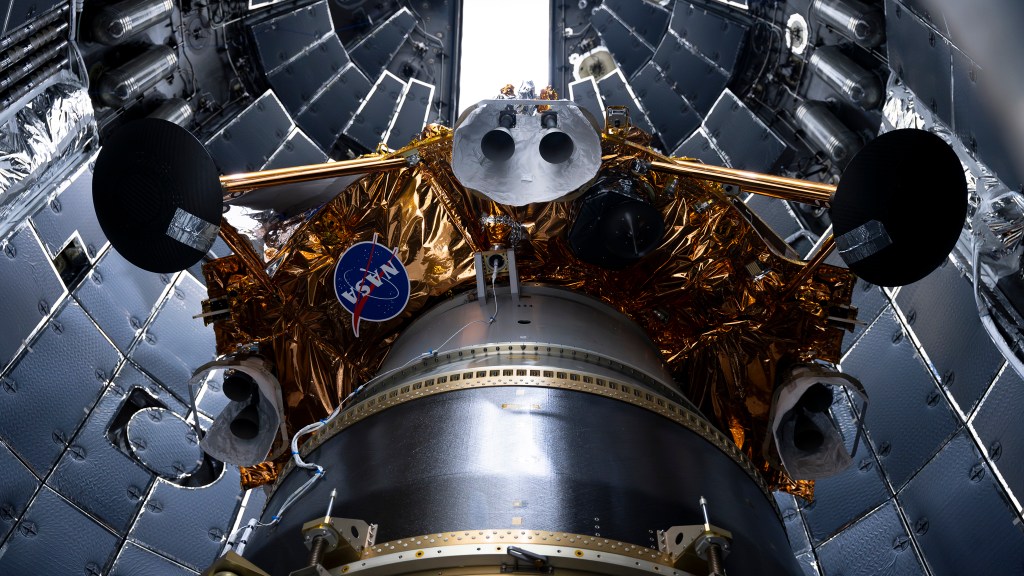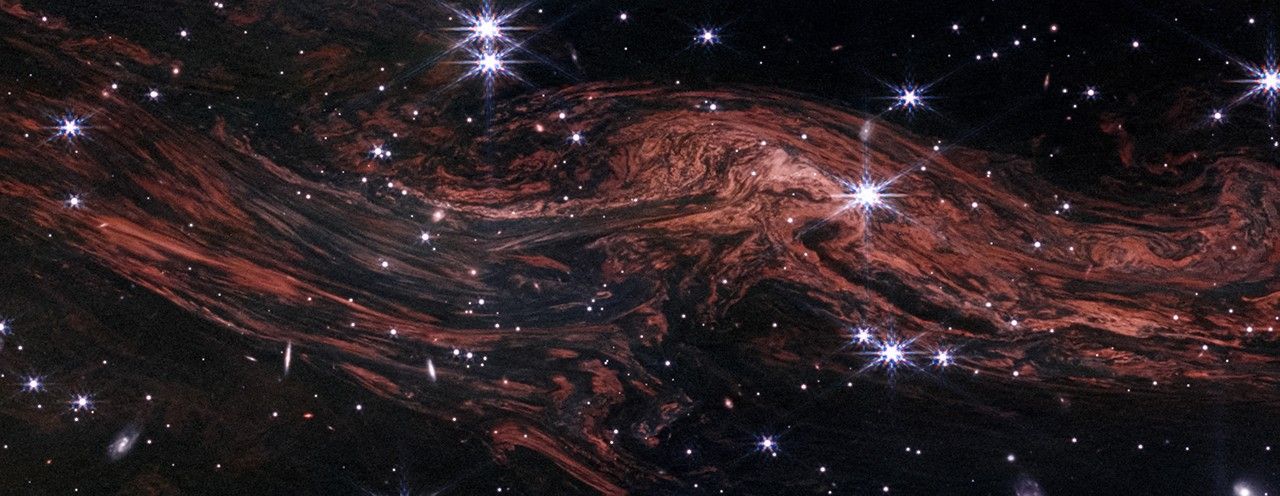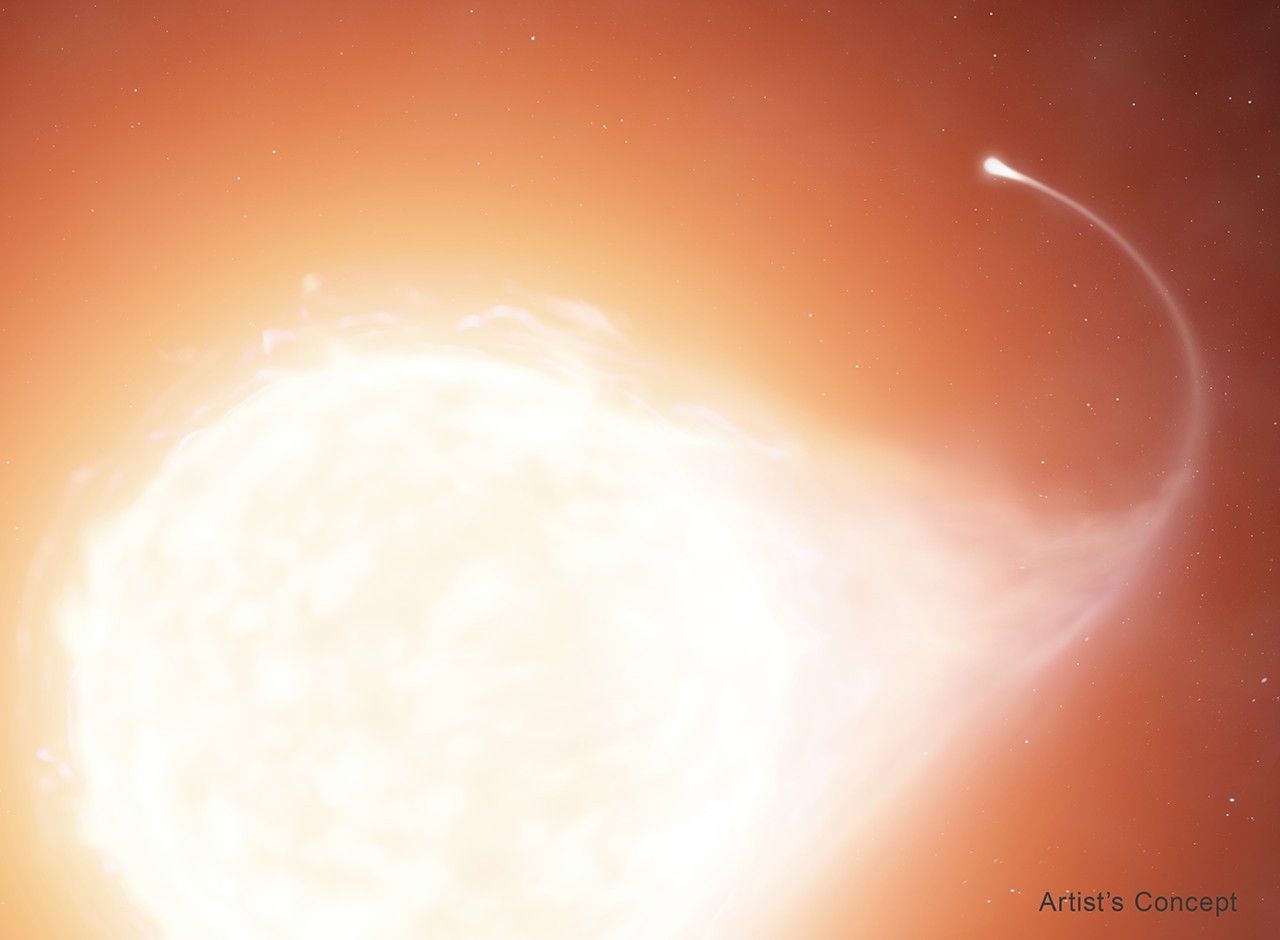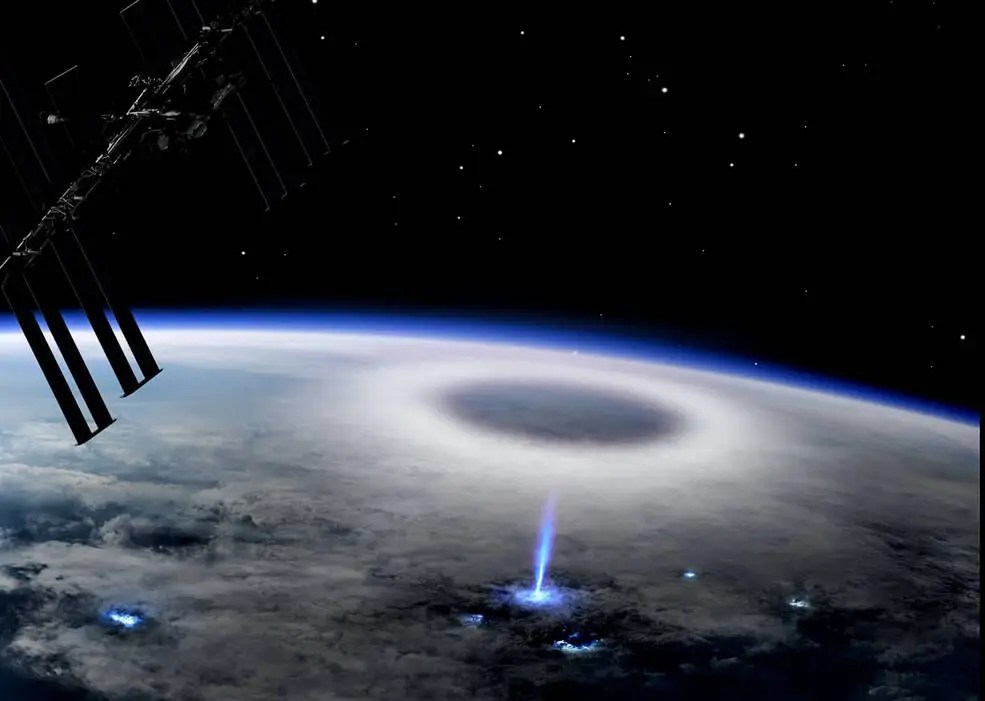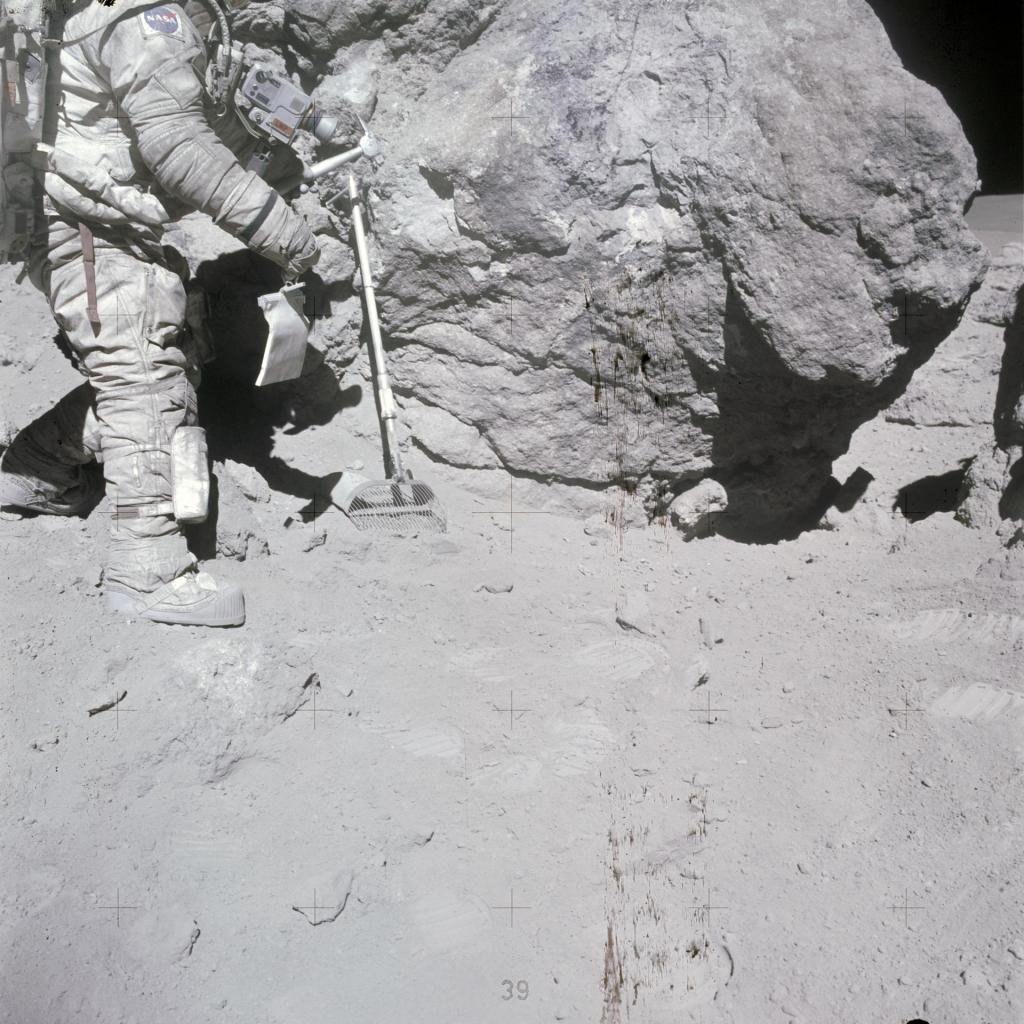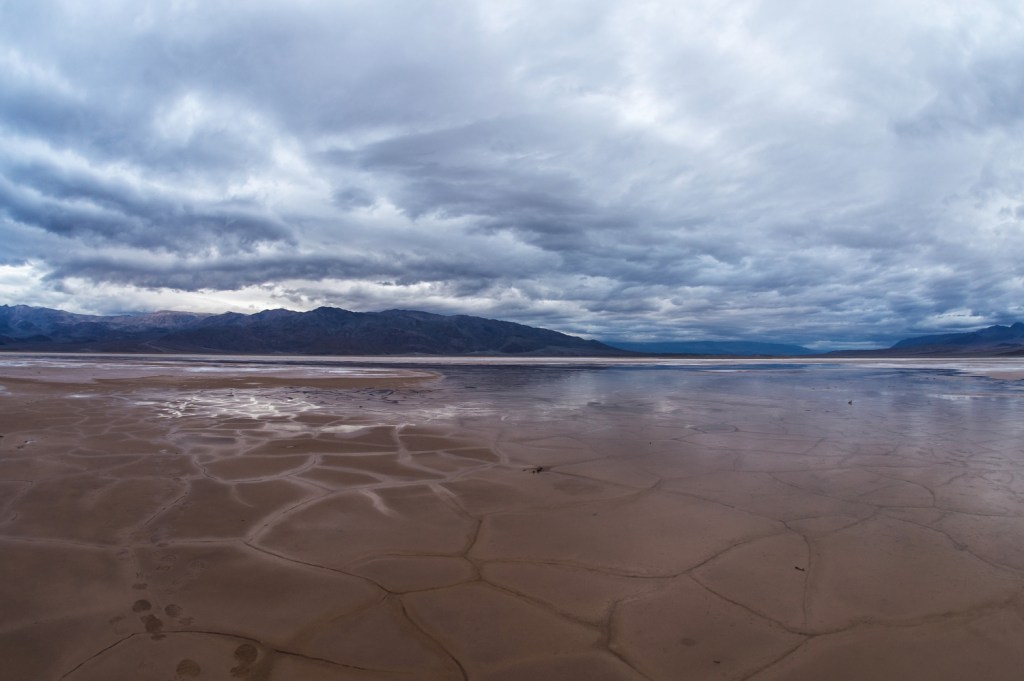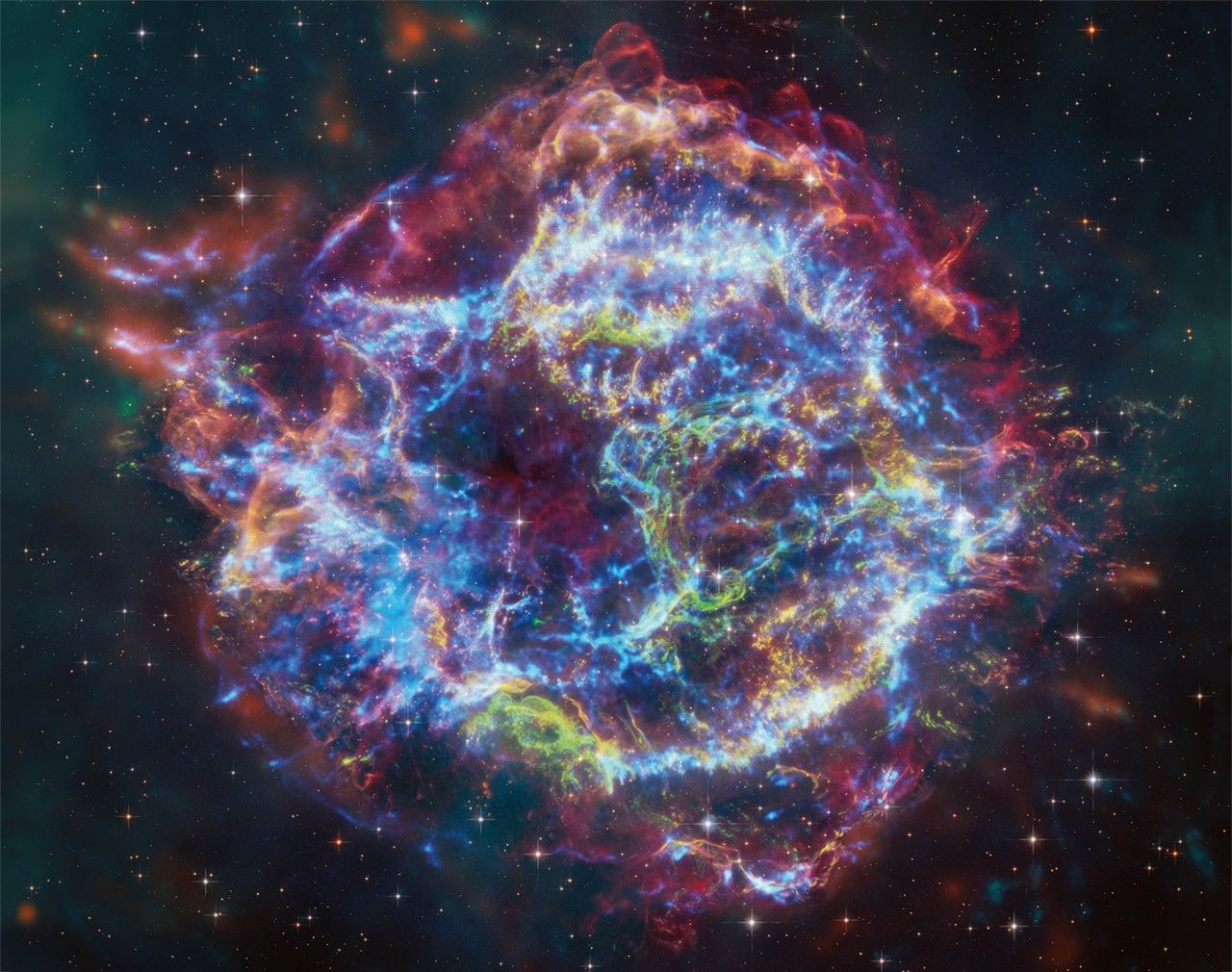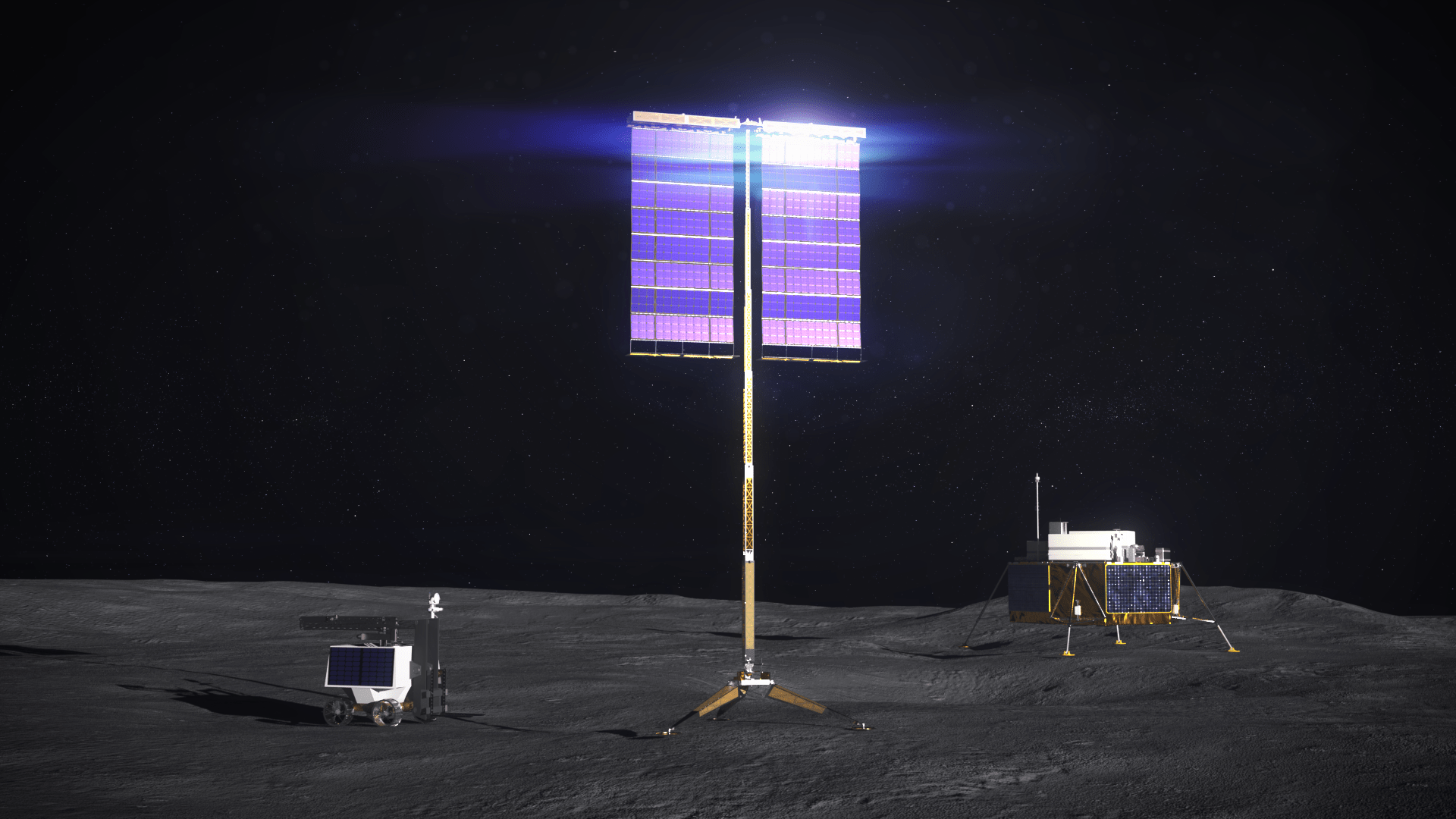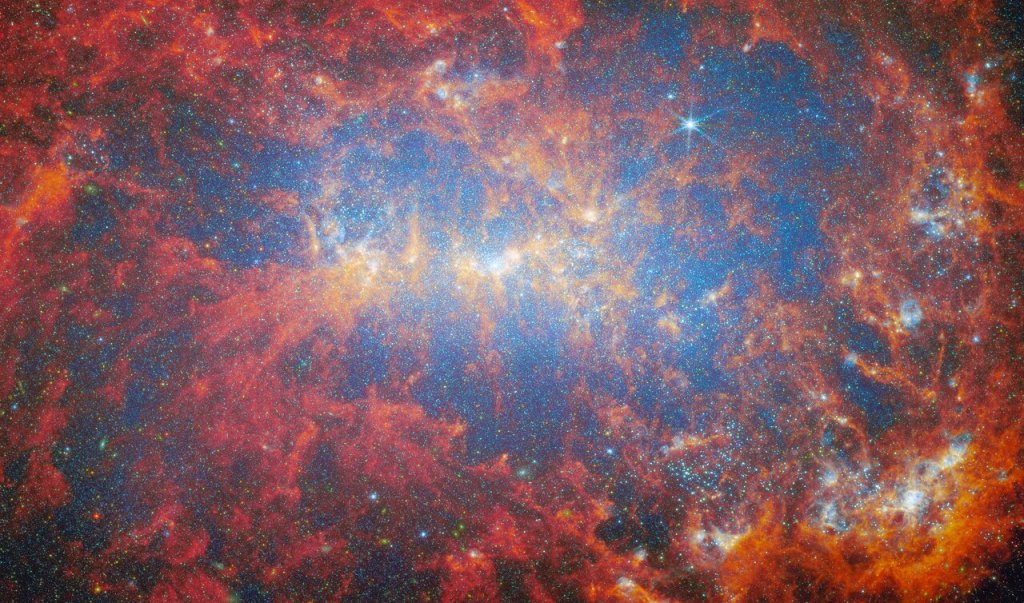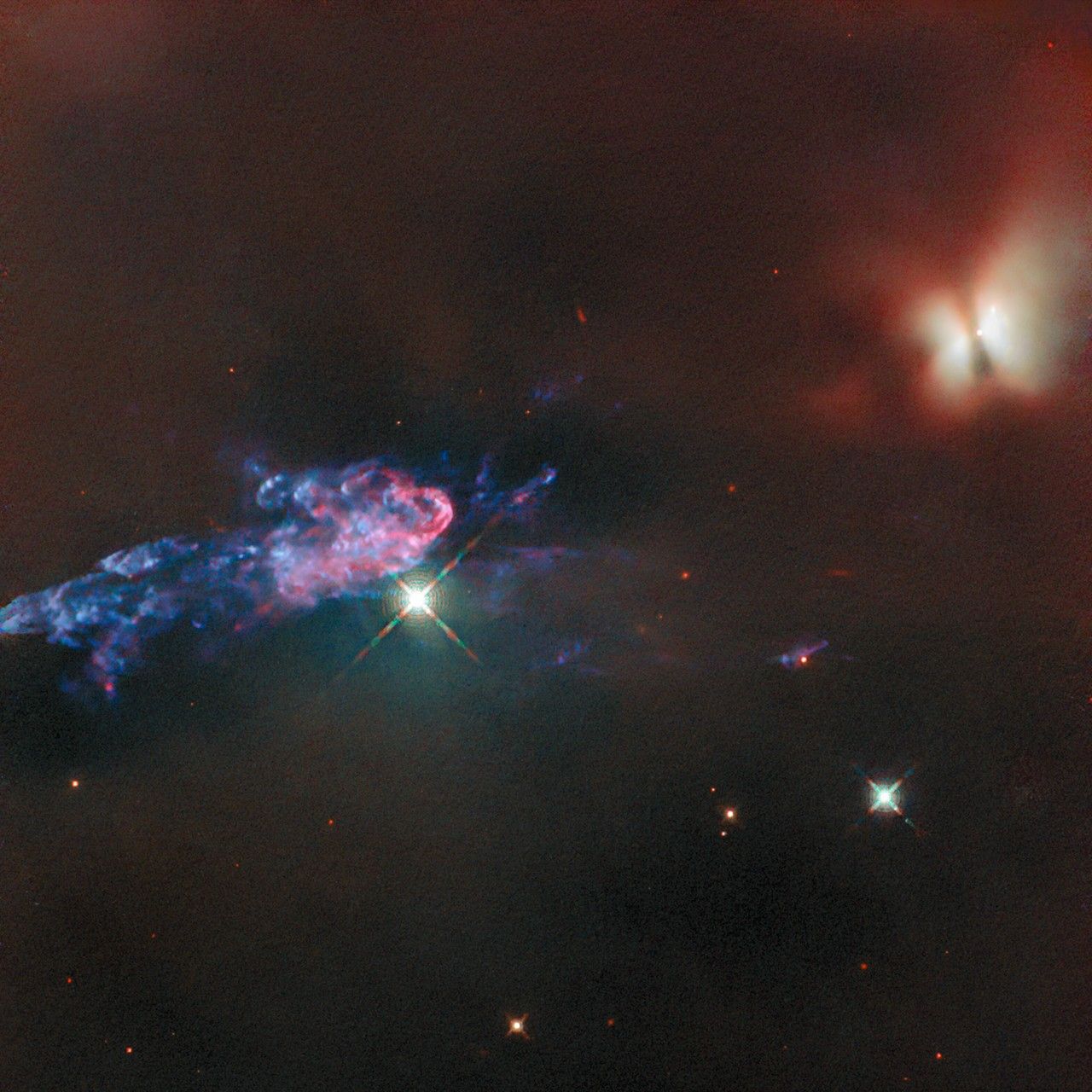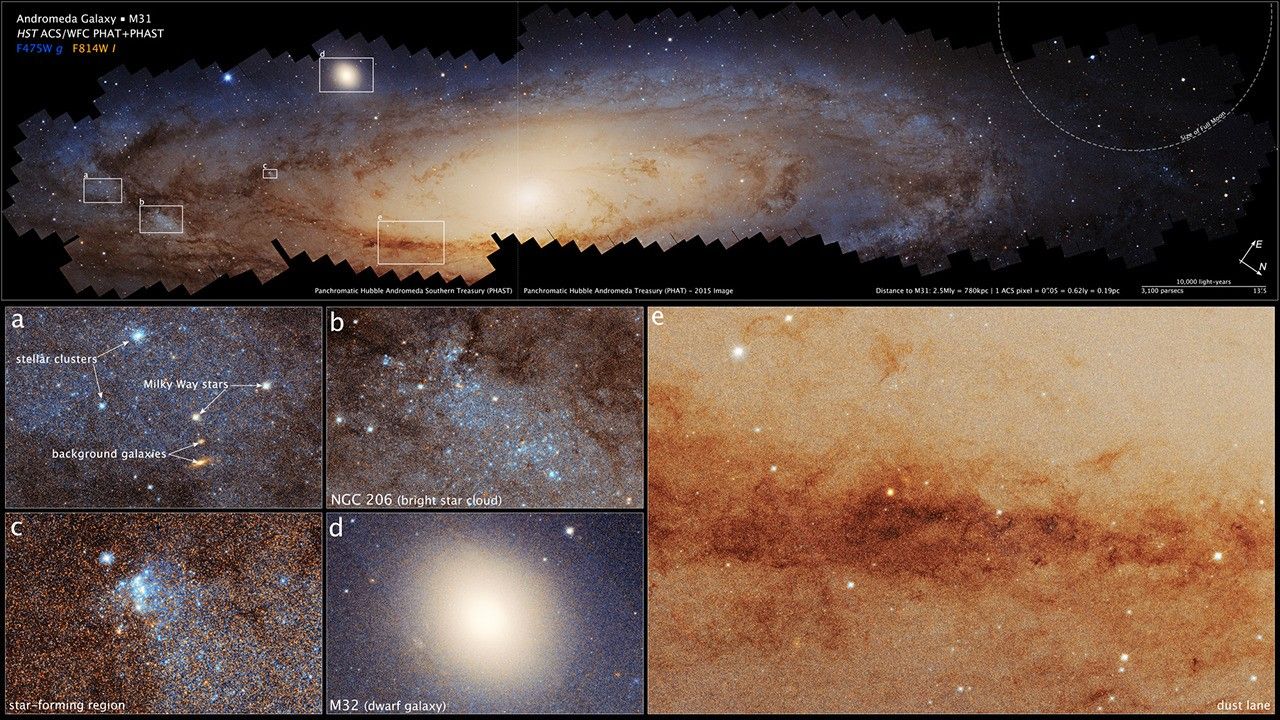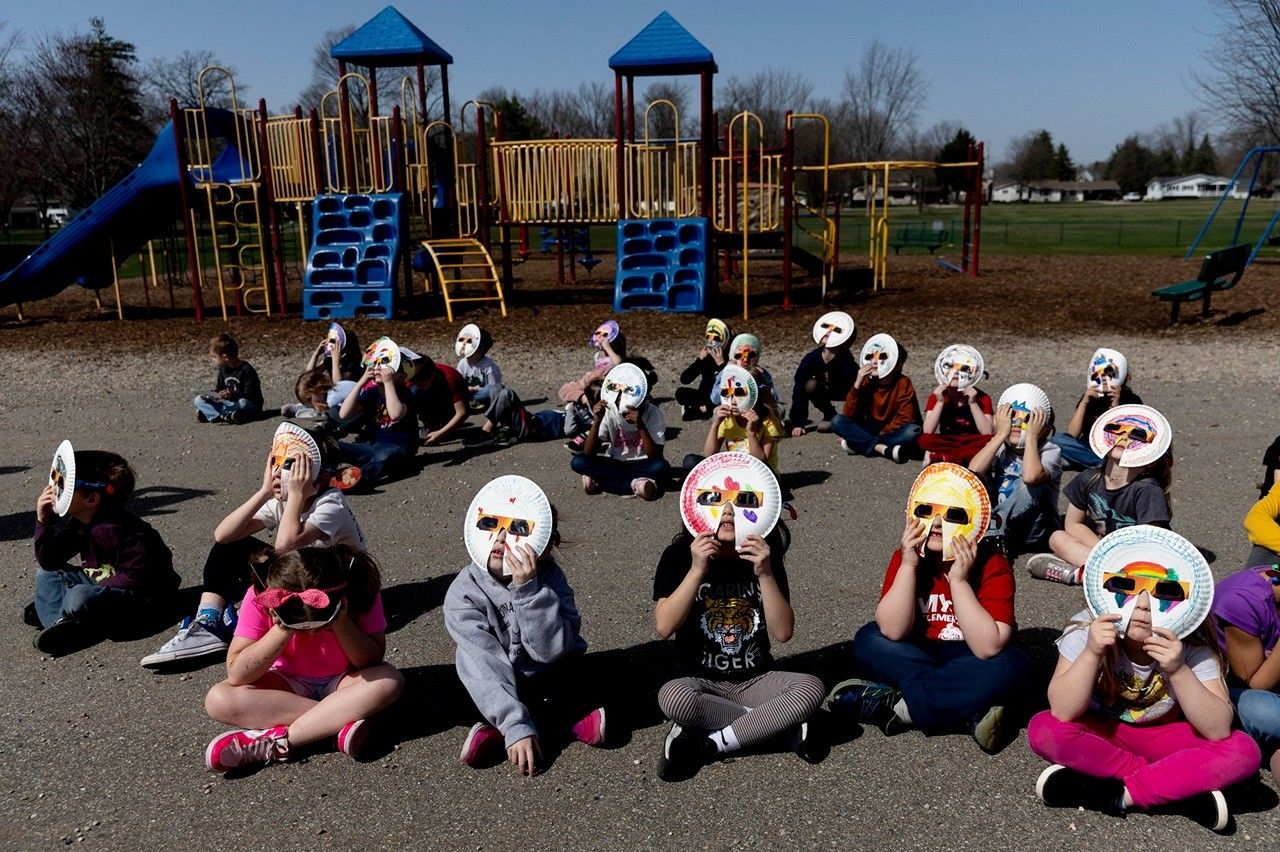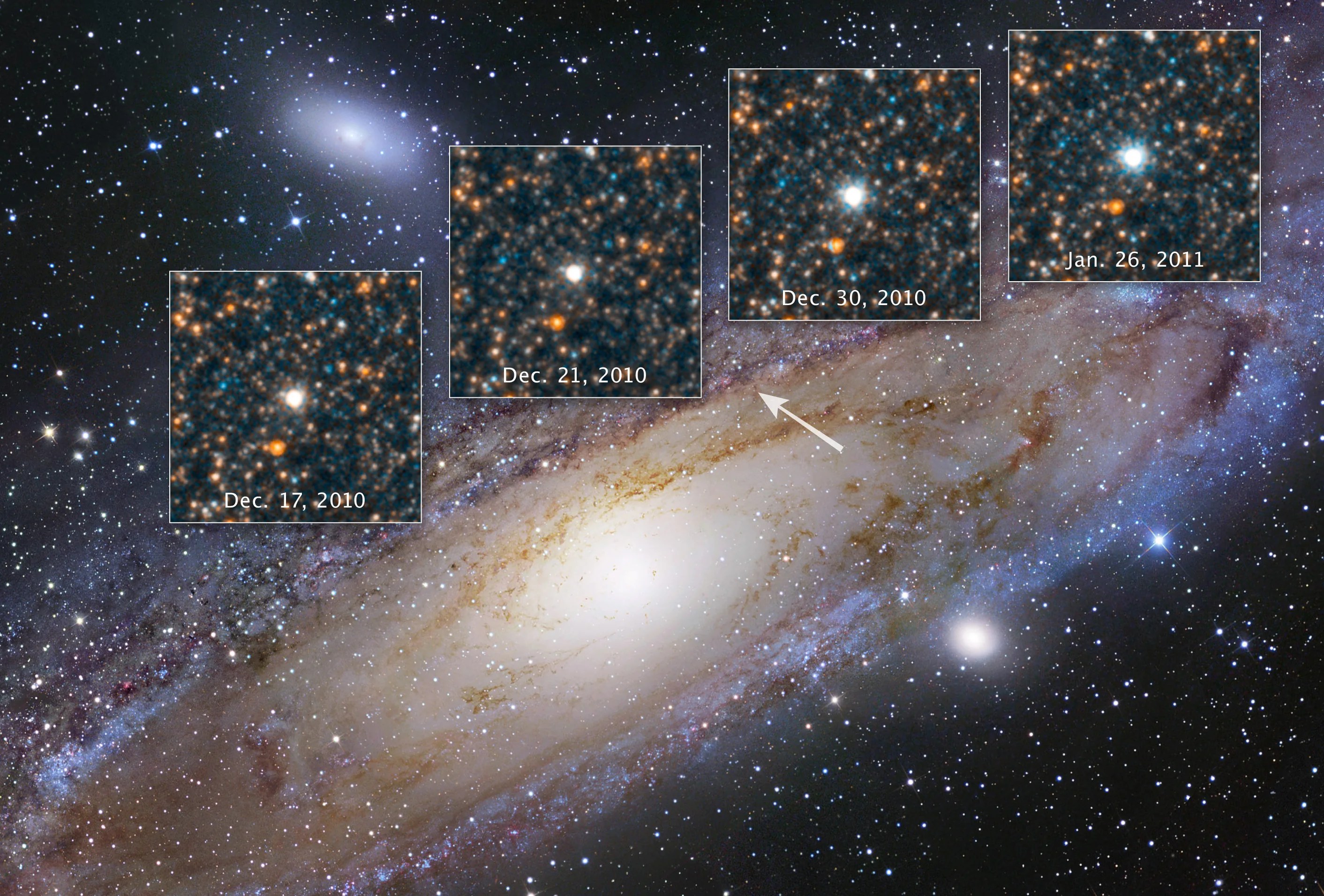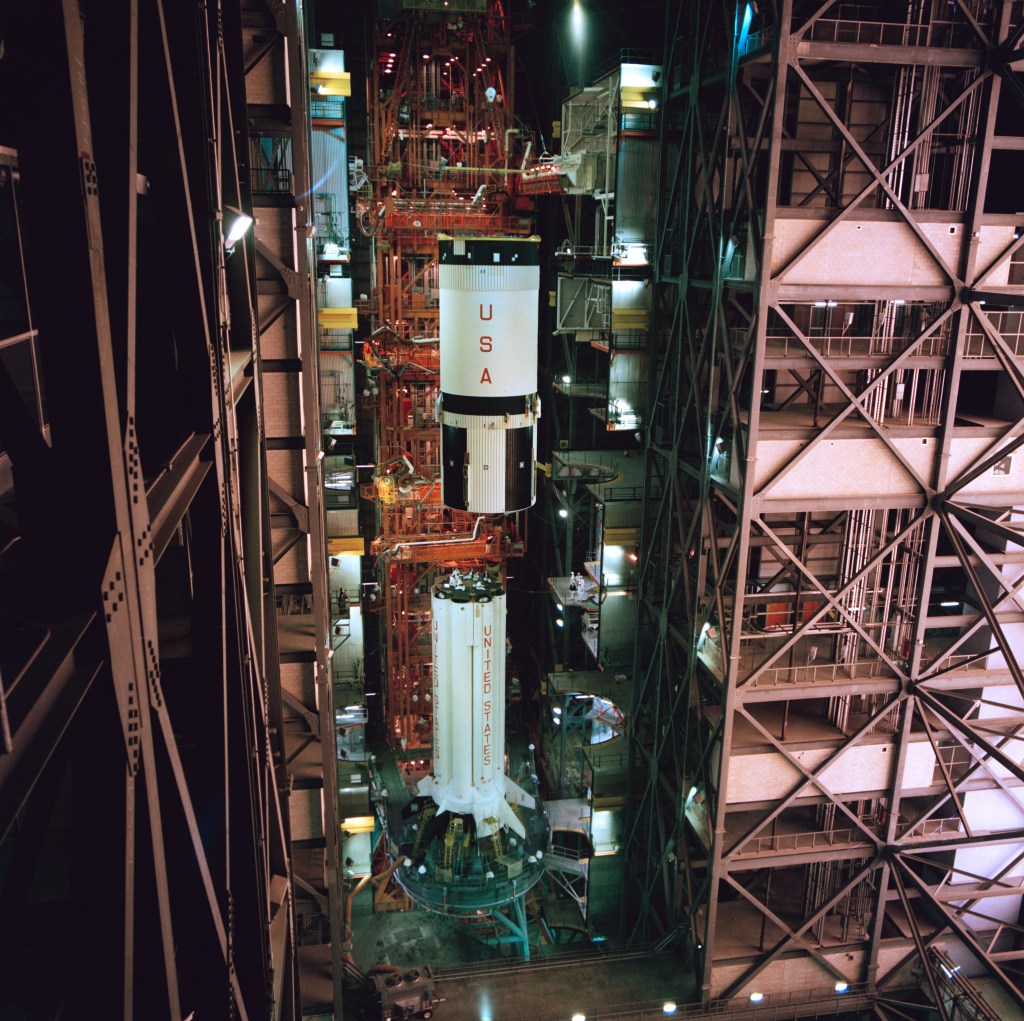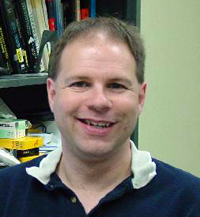Dr. Paul A. Abell – NESC Academy Biography
Dr. Paul Abell is the lead scientist for Planetary Small Bodies assigned to the Astromaterials Research and Exploration Science Directorate at the NASA Johnson Space Center in Houston, Texas.
He received an artium baccalaureus in astronomy and physics from Colgate University, a master of science in space studies with a minor in geology from the University of North Dakota, and a doctor of philosophy (Ph.D.) in geology from Rensselaer Polytechnic Institute.
His main areas of interest are physical characterization of near-Earth objects (NEO) through ground-based and spacecraft observations, examination of NEOs for future robotic and human exploration, and identification of potential resources within the NEO population for future resource use. Abell has been studying potentially hazardous asteroids and NEOs for over 15 years. He was a telemetry officer for the Near-Earth Asteroid Rendezvous spacecraft Near-Infrared Spectrometer team and was a science team member on the Japan Aerospace Exploration Agency (JAXA) Hayabusa near-Earth asteroid sample-return mission. Abell was also a member of the Hayabusa contingency recovery team and participated in the successful recovery of the spacecraft‘s sample return capsule, which returned to Woomera, Australia in June 2010.
Since 2006, Abell has been a member of an internal NASA team that is examining the possibility of sending astronauts to NEOs for long duration human missions circa 2025 and is currently the lead committee member of the Small Bodies Assessment Group chartered with identifying Human Exploration Opportunities for NEOs. In 2009, he became a science team member of the Large Synoptic Survey Telescope (LSST) Solar System Collaboration tasked with identifying NEOs for future robotic and human space missions, and is also the science lead for NEO analog activities and operations of the NASA Extreme Environment Mission Operations (NEEMO) and Research and Technology Studies (RATS) projects. Asteroid 8139 (1980 UM1) is named Paulabell in recognition of Abell’s contributions to NEO research and exploration studies.

